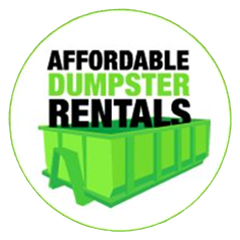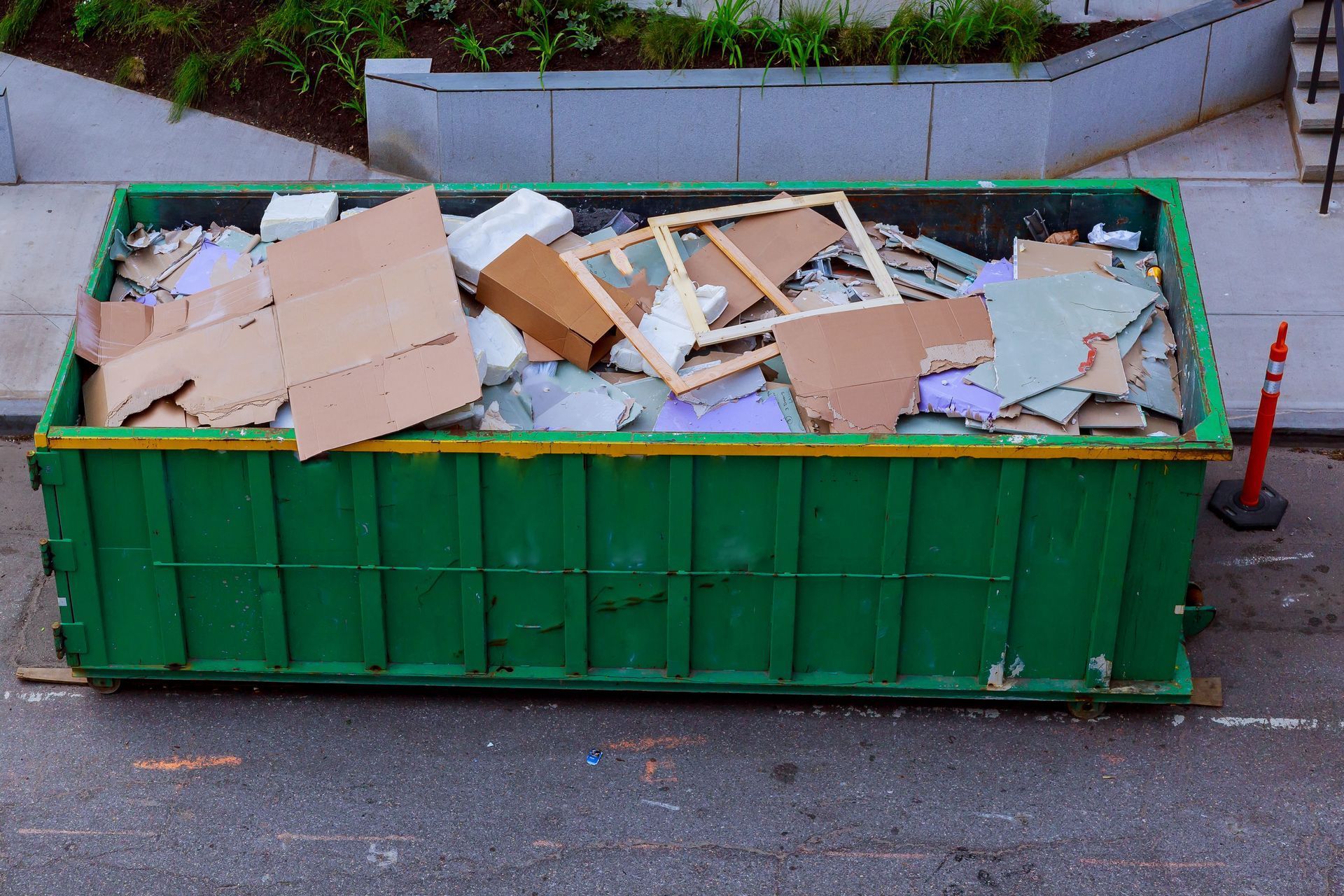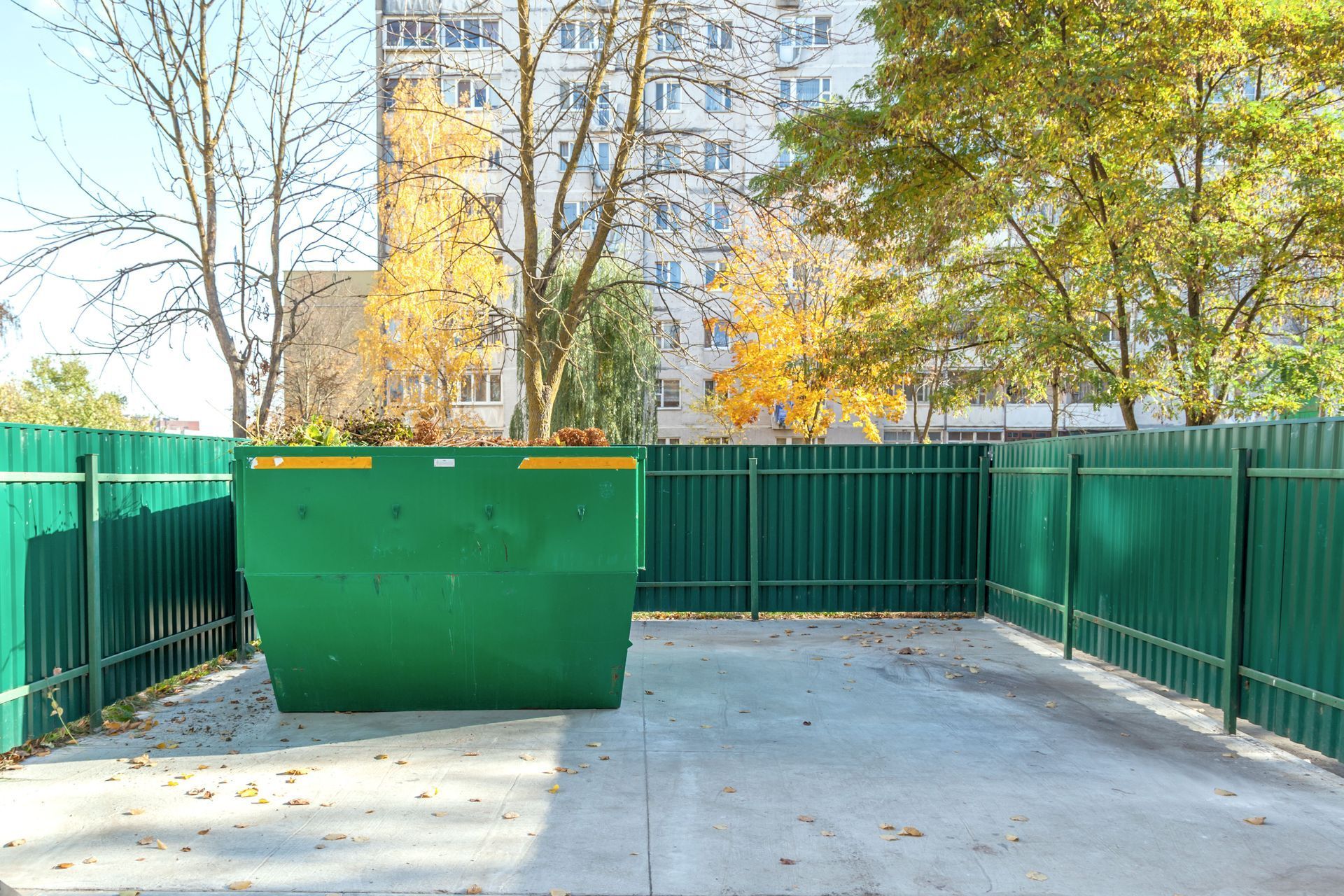August 12, 2025
Dumpsters are essential tools for managing large-scale waste, whether from commercial operations or personal projects. Understanding when to employ a dumpster rental can save time, effort, and potentially money. From home renovations and landscaping jobs to office cleanouts and construction sites, having a designated place for debris helps keep work areas safe, organized, and compliant with local regulations. This article will explore various scenarios in which securing a dumpster rental is highly beneficial.
Before diving into specific use cases, it’s important to recognize the range of dumpster rental options available. According to Consumer Affairs, the most common dumpster sizing ranges from 10-40 yards. Size options can vary dramatically, from small 10-yard containers ideal for minor cleanouts to massive 40-yard dumpsters suitable for major construction sites. Understanding the scope of your project will help determine the appropriate size and type of dumpster to rent. Some companies also offer certain dumpsters for recyclable materials or hazardous waste, which can further aid in meeting environmental goals and local compliance standards.
Accessibility is another factor to consider. Ensure the dumpster can be placed in a location that’s both convenient for loading and acceptable by municipal codes or homeowners' association rules. Additionally, knowing the rental duration and any weight limits upfront can help avoid surprise fees. By carefully considering these preliminary logistics, users can set themselves up for a smooth experience that supports efficient, safe, and lawful waste disposal from start to finish.
1. Home Renovations and Remodels
Home renovations and remodels often result in a large amount of waste, making a dumpster rental a convenient solution. Whether updating a kitchen, bathroom, or the entire house, understanding the scale of debris is crucial for efficient waste management. Debris such as drywall, old fixtures, and flooring materials can quickly pile up, requiring more than just standard garbage disposal methods.
Another consideration is the types of materials being disposed of during home improvements. Some materials, like certain paints and chemicals, may have specific disposal requirements. Renting a dumpster ensures that all waste, hazardous or otherwise, is handled according to local regulations, mitigating any legal or environmental repercussions.
Scheduling pickup services in conjunction with the renovation timeline can prevent unnecessary clutter and stress. A predetermined schedule keeps the project area clean and maintains smooth workflow, allowing contractors to focus on the task at hand. Moreover, understanding the cost-benefit analysis of renting a dumpster is important as it often outweighs the hassle of managing waste without one.
2. Large-Scale Yard Cleanups
Large-scale yard cleanups sometimes coincide with seasonal changes or landscaping renovations. These projects usually generate a mix of organic and inorganic waste that needs precise disposal. Ranging from fallen leaves and branches to old patio furniture, the sheer volume can exceed regular disposal capacities.
Handling organic waste is not just about removing clutter but also about complying with environmental guidelines. Many municipalities have laws governing the disposal of organic waste to promote composting and recycling. Renting a dumpster can streamline compliance with these regulations, providing designated sections for different types of waste.
With the proper equipment, managing tree trimmings and oversized branches becomes significantly easier. A rented dumpster accommodates large volumes, increasing productivity by reducing the need for frequent garbage disposal trips. Aligning with legal regulations on green waste, these containers help ensure that yard refuse is handled appropriately, minimizing environmental impact.
3. Construction and Waste Sites
At construction sites, waste management is a critical part of maintaining safety and efficiency. The types of construction waste can vary, including materials such as concrete, wood, and metal. Workers must manage these materials systematically to prevent hazards and obstructions, facilitating a smoother work environment.
Safety regulations and requirements are paramount on construction sites. Proper disposal systems, like renting dumpsters, ensure that waste does not accumulate on-site, reducing the risk of accidents and facilitating compliance with safety standards. Effective scheduling of waste collection keeps the construction project on track, avoiding interruptions that could lead to increased costs and timeline extensions.
Choosing the right dumpster size—from 10 to 40 yards, as noted before—is crucial for accommodating various types of construction waste. An appropriately sized dumpster ensures efficient use of space, maximizing the potential for storing and separating materials for recycling. Implementing recycling on site can also be part of the broader environmental strategy, reducing the overall impact of construction activities.
4. Declutter and Cleaning Projects
Major decluttering projects, like cleaning attics or basements, often require meticulous planning and organization. Setting a project timeline helps keep the decluttering process efficient and manageable, allowing for continuous progress without feeling overwhelmed. Knowing when to rent a dumpster can make this complex task more streamlined and stress-free.
Strategies for efficient sorting are critical during decluttering. Organizing items into categories, such as “keep,” “donate,” and “dispose,” can simplify the process and lessen the emotional strain of deciding what to discard. Emotional detachment is a significant aspect, as holding onto items often stems from sentimental value rather than practicality.
Understanding disposal restrictions for certain types of materials is essential for compliance with local waste disposal guidelines. Careful planning and using a rented dumpster can help sort out everything, keeping in mind what can be thrown away and what requires special handling. Final excavation and organization ensure spaces are completely clear, making way for better organization and future use.
5. Special Events and Community Cleanups
Special events, such as festivals or concerts, often generate substantial waste that necessitates effective waste management strategies. Planning for event waste ensures that cleanup efforts are comprehensive and environmentally friendly. Event planners should consider dumpster rentals an integral part of this process to accommodate varied types of waste.
Community involvement in cleanups promotes civic responsibility and environmental stewardship. Local governments and organizations often spearhead initiatives that encourage volunteers to participate in cleaning public spaces. A coordinated approach ensures that all waste collected is properly sorted and disposed of, maximizing the impact of these efforts.
The range of events requiring dumpsters extends from small local gatherings to larger-scale events, each with unique waste management needs. Coordinating volunteer efforts involves strategizing waste collection points and ensuring the dumpsters are conveniently located for ease of use. Evaluating the environmental impact of these events and cleanups is essential for continuous improvement in waste management practices.
6. Disaster and Emergency Cleanouts
In the aftermath of natural disasters, efficient waste management is crucial to restoring communities and preventing health hazards. Responding to such disasters with a well-thought-out waste disposal plan ensures that cleanup efforts are systematic and effective. Dumpsters provide a centralized location for debris, streamlining the overall cleanup process.
Organizing waste after an emergency involves coordinating with local municipalities and relief organizations to handle the increased volume. Immediate action can mitigate the potential for further damage or hazardous conditions. Safety considerations play a critical role, as disaster debris can pose risks ranging from sharp objects to toxic materials.
Prioritizing salvage operations focuses on recovering usable materials before disposal. Coordinating with relief services maximizes the effectiveness of these efforts, ensuring resources are used efficiently in rebuilding efforts. Renting dumpsters during such crises provides a valuable resource in tracking and managing waste, contributing to more resilient recovery operations.
They also help distinguish between categories of debris—such as green waste, hazardous materials, and construction remnants—making the cleanup more efficient and compliant with environmental guidelines.
Incorporating dumpster rentals into various projects and operations can significantly streamline waste management processes. By evaluating the scenarios and practical aspects of dumpster use, both individuals and businesses can ensure efficient and environmentally conscious disposal practices, ultimately contributing to cleaner and safer environments. Whether it’s a short-term home cleanout or an ongoing commercial need, the right dumpster rental simplifies the entire process. Do you need to rent a dumpster? Call Affordable Dumpster Rentals to learn more information today.




